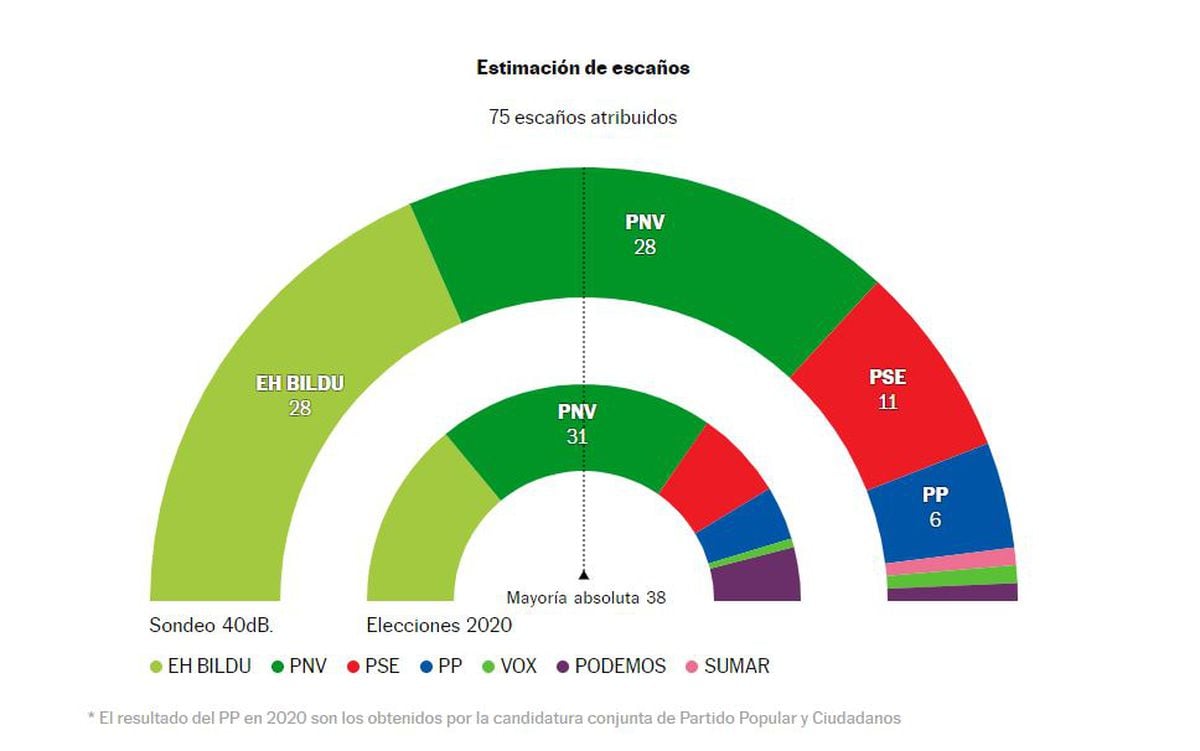United Kingdom and Gibraltar European Union membership referendum
all articles
In Scotland and Northern Ireland, the debate on popular referenda, as it is supposed to continue after a Brexit with the regions, has been going on for a long time. Now, a recent, representative survey shows that support for such referendums is also growing among the general population of Great Britain.
The British Independent newspaper group had commissioned the polling institute BMG with a survey in which should be inquired whether such a referendum for Scotland or Northern Ireland would be supported. Respondents were able to position themselves on the question with yes or no or abstain.
The results show a significant increase in support for such referendums on the existence of the Union. The result for the Irish question is particularly clear - probably also because the feasibility of Brexit decides above all on the Irish-Irish border issue.
Northern Ireland: broad agreement on the referendum
52% of the 1504 representatively interviewed British supported a referendum on Irish reunification, with only 19% saying no. In Northern Ireland itself, the issue is highly controversial; approval and rejection of an Irish reunion are still largely deciding along the old denominational line separating the Catholic-Irish camp from the Protestant-British camp in Northern Ireland.
There is something moving, too. In recent weeks, prominent representatives of the pro-British Unionist camp, such as former First Minister Peter Robinson or the widow of once-radical-would-be Union leader Ian Paisley, signaled support for reunification should the majority want it. In the medium term, this is conceivable: In Northern Ireland's politics, long dominated by the radical poles of the political system DUP and Sinn Fein, the influence of parties such as the Alliance is growing. This is the only party with a significant electorate in both parts of the population - delicate signs of a gradual rapprochement.
Scotland: Growing approval for the referendum
Also in relation to a possible second referendum on Scottish independence, the largest group of respondents affirmed a referendum. However, an absolute majority does not exist: after all, 45% of the British would support a vote. This compares to about 30% voting opponents - and with 25% relatively many Britons who do not want to commit themselves to this issue.
The situation in Scotland is not very clear either. Immediately after the Brexit referendum, Scotland's support for a declaration of independence had skyrocketed, temporarily reaching 60%. In the last British lower house elections, however, lost the governing party SNP, which is key to the independence referendum, a good third of their seats and thus obvious support. Prime Minister Nicola Sturgeon has since put a second referendum, which was actually planned for last year, since then back on ice.
Informal signals from Brussels
Support for a Scottish independence referendum would also depend on Scotland's chances of remaining in the EU then. The Scots watched very closely at the end of the week an interview conducted by the BBC with former European Council President Herman Van Rompuy.
Van Rompuy sees an opportunity for Scottish EU membership. There is "great sympathy in the EU for regions and parts of the country that want to join the European Union". For the Brexit, on the other hand, there would be sympathy in the EU "neither politicians nor the man on the street".
Michael Russell, Minister of Constitutional Relations and the Scottish Regional Government, responsible for everything related to Brexit and relations with other states, sees in Rompuy's statement a "major reversal": there seems to be a "path for an independent Scotland", in to walk the EU. Quite simply, however, Van Rompuy had not presented this: Of course, all EU countries would have to agree formally.
Review: the first referendum
The first referendum on Scottish independence from the United Kingdom had narrowly failed on 18 September 2014. At the time, nearly two years before the Brexit referendum in Britain, 55.3 percent of the Scots had decided against breaking up the "United Kingdom".
Among other things, the referendum failed because the opponents of Scottish independence were better able to mobilize their electorate than their supporters. At the 2016 Brexit vote, 62% of Scots voted in favor of remaining in the EU. The ruling Scottish National Party SNP has since been working on a second referendum.
In Northern Ireland, the possibility of referendum on the question of possible reunification with the Republic of Ireland is part of the 1998 Peace Agreement. It includes the clause that reunification should be carried out when the majority of the population speaks out in favor. Controversial and strongly debated in recent weeks is the question of whether this vote should be made on both sides of the border or only in Northern Ireland.
more on the subject
xxx


/cloudfront-eu-central-1.images.arcpublishing.com/prisa/PWWJZJX4RNHDPFBDM57S7RFHGQ.jpg)



/cloudfront-eu-central-1.images.arcpublishing.com/prisa/NYNKKIEXBFHFFG6GV65QVUUAL4.jpg)

/cloudfront-eu-central-1.images.arcpublishing.com/prisa/MJ46BAYARYT6I3UMB2NF2KARZY.jpg)
